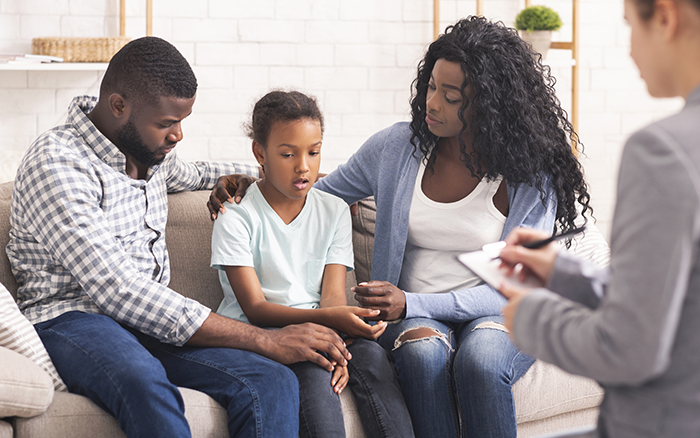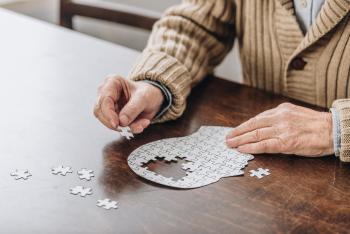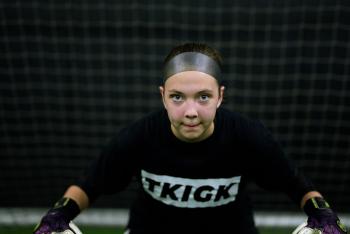Inspira Health announced the opening of new involuntary Behavioral Health Services at Inspira...
Read More

In April, the U.S. Preventive Services Task Force (USPSTF) released a draft of its new guidelines, expected to be finalized later this year. Citing the worsening state of mental health among children and adolescents, the USPSTF recommends anxiety screenings for all children ages 8 to 18.
“The goal of these recommendations is to be more proactive with early intervention for childhood and adolescent mental health issues,” said Nancy Martin, LCSW, Outpatient Therapist at Inspira Medical Center Bridgeton. “Just as we screen for physical health concerns, doctors should be screening for mental health concerns.”
Anxiety disorder is a common mental health condition characterized by excessive worry or fear. Its symptoms can manifest emotionally and physically. While many children have worries and fears that are developmentally appropriate, some persistent or extreme feelings of unease may be due to anxiety.
During the pandemic, the global prevalence of child and adolescent anxiety reached 20.5 percent, approximately double the pre-pandemic estimate.
Undiagnosed and untreated anxiety impacts concentration, sleep patterns and temperament, adversely affecting childhood and adolescent development. According to a report from the Child Mind Institute, childhood anxiety disorders are correlated with an increased risk for behavior issues, substance abuse, depression and anxiety later in life.
“Anxiety is one of the most commonly diagnosed mental disorders in children,” said Martin. “The USPSTF’s recommended screening allows families and providers to be proactive about childhood and adolescent mental health.”
Like other screenings, anxiety screenings can be administered during annual checkups. Your pediatrician may ask your child about what symptoms they’re experiencing and what triggers their anxiety. They may ask questions such as:
“If a screening indicates that your child needs additional support, it is not an automatic diagnosis,” said Martin. “Instead, consider it a starting point to explore treatment options that can help your child feel their best.”
Anxiety can make children feel irritable and angry. It’s also common for children and adolescents to experience physical symptoms of anxiety, including:
Caregivers are often the first to become aware of a child’s emotional distress. If you notice these physical or behavioral changes in your child, talk to them and listen to what they’re struggling with. Showing empathy and understanding can help them to cope.
When you monitor your child for anxiety, you can seek help at the first signs. If they experience frequent emotional distress, it’s a good idea to bring your concerns to their pediatrician. They can help determine the best way to offer support.
If you have concerns or questions about childhood and adolescent anxiety, schedule an appointment with your child’s doctor. Your child deserves the support they need to thrive.
Inspira Health is a high reliability organization (HRO), which means safety is the top priority for patients and staff. To make an appointment, call 1-800-INSPIRA.

Inspira Health announced the opening of new involuntary Behavioral Health Services at Inspira...
Read More
Your memory changes as you age, so a certain amount of forgetfulness is normal—but not always. Learn...
Read More
Amelia's childhood challenges with emotions, social interactions, and behavior led to diagnoses of...
Read More
The material set forth in this site in no way seeks to diagnose or treat illness or to serve as a substitute for professional medical care. Please speak with your health care provider if you have a health concern or if you are considering adopting any exercise program or dietary guidelines. For permission to reprint any portion of this website or to be removed from a notification list, please contact us at (856) 537-6772